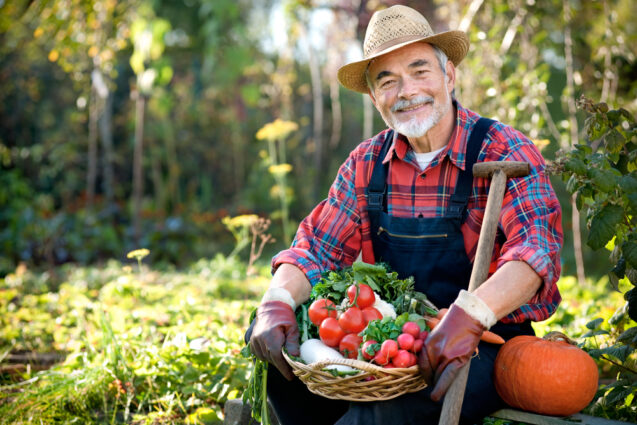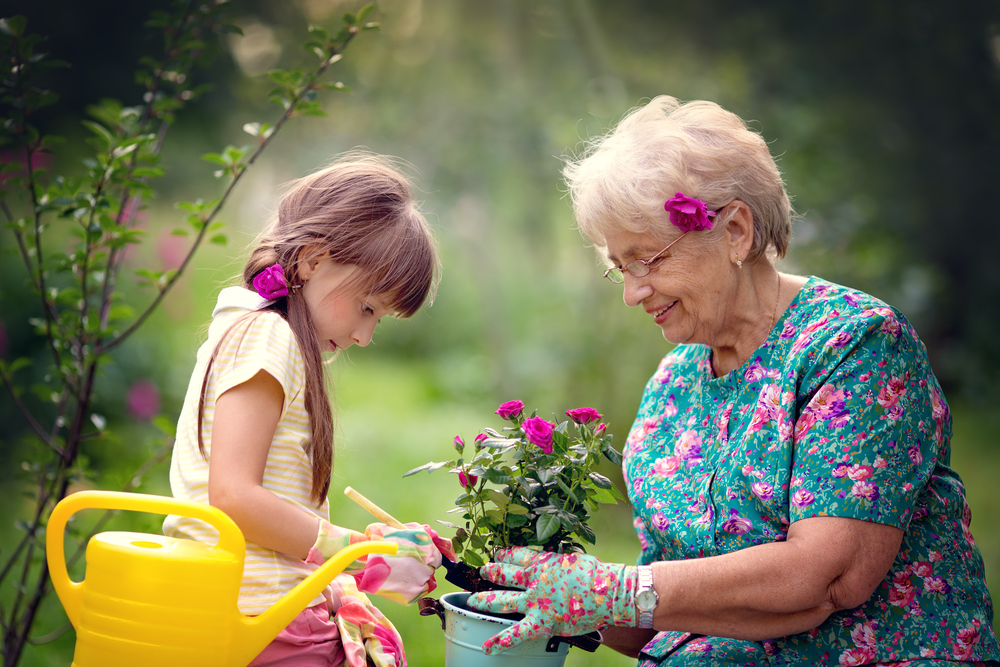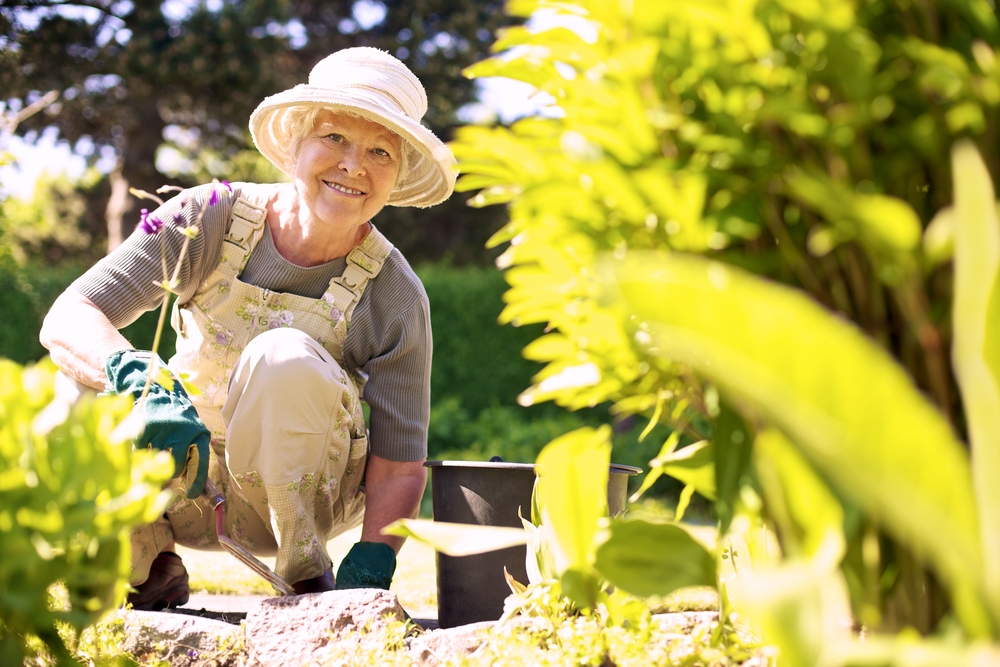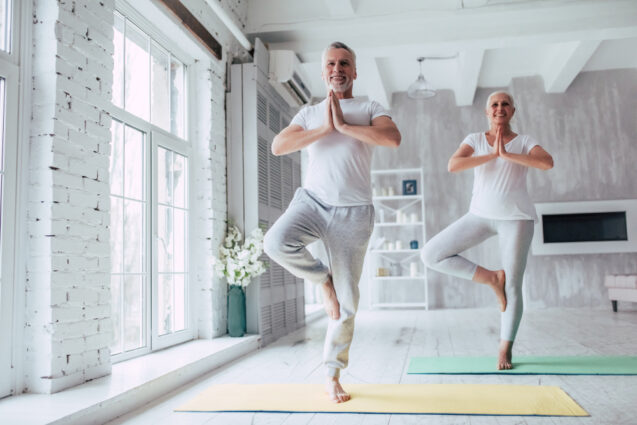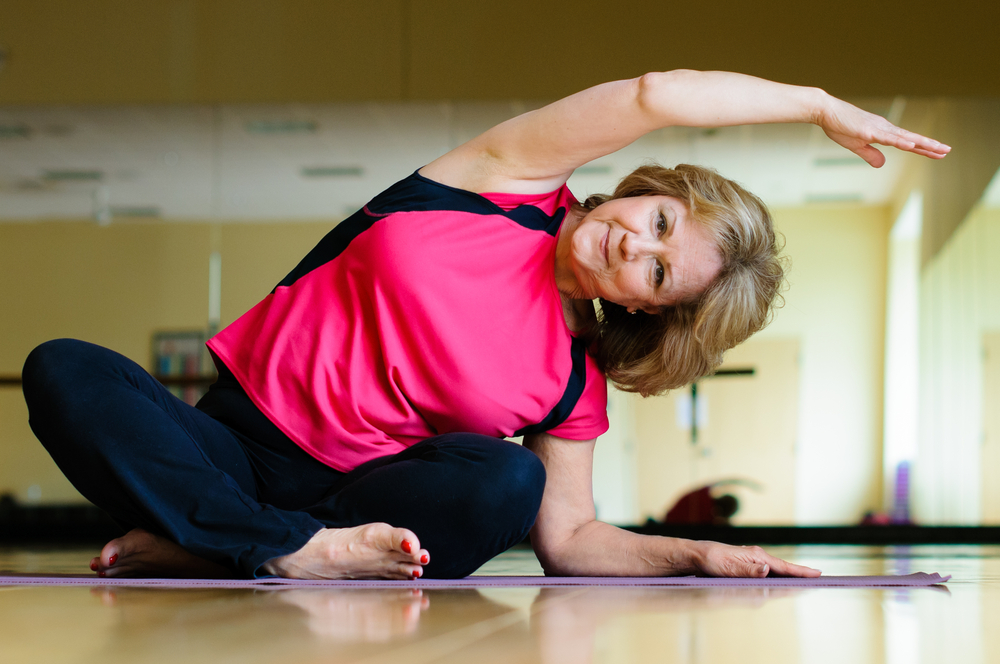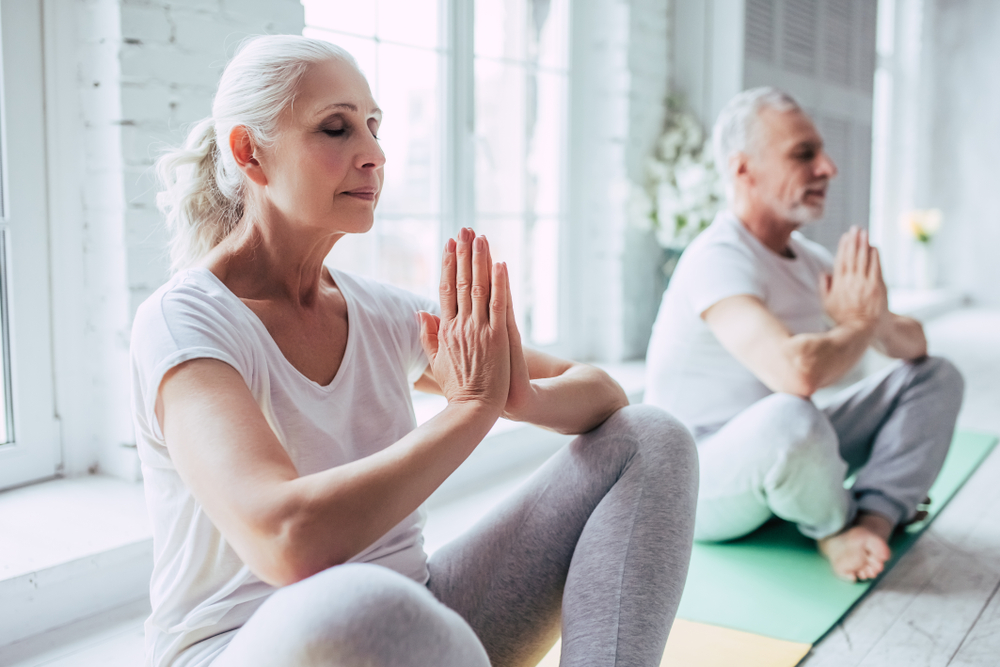As we get older, taking care of our heart becomes increasingly important. The heart is more than just a muscle. It’s the engine that powers every moment of our later years and enables us to stay active and live independently. Good cardiovascular health can be the difference between a vibrant lifestyle and one limited by health issues.
Professionals who work in the field of in-home care in Westwood are well aware of this, but you and your elderly loved one should be informed as well. Let’s explore the vital role the cardiovascular system plays for seniors and how aging affects heart health.
Why is the cardiovascular system so important to your overall health and fitness?
Your cardiovascular system is the central highway of your body, transporting oxygen, nutrients, and hormones to every cell and carrying away waste. For older adults, a well-maintained cardiovascular system affects everything positively. It boosts energy, sharpens the mind, and strengthens the body’s defenses against illness.
A healthy aging heart also means you can enjoy longer periods of physical activity without fatigue, maintain your muscle strength, and manage your weight more effectively. And let’s not forget the mental benefits: staying active helps fend off the blues and keeps you feeling connected and content. In simple terms, a strong cardiovascular system helps you enjoy a fuller, more active life as you age.
Good cardiovascular health also reduces the risk of chronic diseases such as type 2 diabetes, osteoporosis, and certain types of cancer. Efficient circulation helps in better regulation of blood sugar and aids in calcium absorption, which is crucial for bone strength.
Furthermore, a healthy cardiovascular system also ensures optimal functioning of the kidneys, which helps in detoxifying the body and maintaining blood pressure within a healthy range. All these factors collectively contribute to a longer life.
How is the cardiovascular system affected by aging?
Aging naturally changes how our hearts and blood vessels function. Over time, the heart might grow larger, its walls can thicken, and it might not beat as fast as it once did. These changes can reduce how effectively the heart pumps blood, which is often more noticeable during stress or exercise.
Our blood vessels tend to stiffen with age, making it harder for the heart to pump blood through them. This can lead to higher blood pressure and puts more strain on the heart. What’s more, arteries can narrow from plaque buildup, which can drastically increase the risk of heart attack or stroke.
Seniors and their loved ones need to understand these changes and manage them proactively. If they try their best to lead a lifestyle with a balanced diet, regular exercise, staying hydrated, managing stress, and a healthy sleep schedule, they can mitigate many adverse effects of aging on the cardiovascular system. Regular check-ups with a doctor can also help catch and manage issues before they become serious.
How do I find dependable in-home care in Westwood and the surrounding area?
Caring for your cardiovascular health is key to enjoying your senior years to the fullest. If you’re looking for comprehensive support for your loved ones, A Better Way In Home Care is here to help.
We connect you with reliable and qualified professionals from our database, all of whom have years of experience with the elderly.
Your senior loved one doesn’t have to leave their familiar and comfortable space thanks to the professionals we match you with. Whether they live by the Fox Theater or in a different part of Westwood, we can help. Get in touch with us today to learn how we can help your family members lead a healthier, more joyful life!
More
As we age, our sleep patterns often undergo significant changes, which can affect our overall health and quality of life. Many older adults find it increasingly challenging to maintain a consistent sleep schedule. Understanding these changes and learning how to manage them can help us sleep and feel better as we age. If you or your elderly loved one are in Westwood, professionals from in-home care can help you apply these tips more easily. Let’s explore how aging affects sleep patterns and learn some practical advice for managing these changes.
How does aging affect sleep patterns?
Aging brings about a variety of physiological changes that can significantly impact sleep architecture. Sleep architecture is the structure of sleep cycles including deep sleep, light sleep, and REM sleep. One of the most notable changes is the production of certain hormones like melatonin, which helps regulate sleep. Older adults often experience a decrease in melatonin levels, which can make it more difficult for them to fall asleep and stay asleep.
Furthermore, the internal body clock, or circadian rhythm, tends to shift earlier in older adults. This shift can lead to a phenomenon known as “advanced sleep phase syndrome,” where people feel sleepy earlier in the evening and wake up unusually early in the morning. While these changes might be subtle at first, over time they can affect the quantity and quality of sleep very negatively.
The structure of sleep also changes with age. Older adults spend less time in deep, restorative sleep stages and more time in the lighter stages of sleep. This makes it more likely for the person to wake up unrefreshed and feel drowsy throughout the day. Also, medical conditions that are more common in older age, such as arthritis, back pain, and cardiac issues, as well as the medications used to treat them, can also negatively impact sleep quality.
How can I sleep better as I age?
Improving sleep in later years requires both lifestyle adjustments and a proactive approach to managing health conditions that may interfere with sleep. Here are some effective strategies:
- Maintain a regular sleep schedule: Going to bed and waking up at the same time each day can significantly improve the quality of your sleep. This regularity helps reinforce your body’s sleep-wake cycle.
- Create a relaxing bedtime routine: Do some calming activities before bed, such as reading, listening to soft music, or deep breathing and meditation. Avoid stimulating activities such as watching TV or using your phone.
- Optimize your sleep environment: Make sure your bedroom is all set up for a good night’s sleep. Keep it dark, quiet, and cool, and invest in a comfortable mattress and pillows. You can use blackout curtains and sound machines if light and noise bother you.
- Watch your diet: Avoid large meals, caffeine, and alcohol before bedtime, as they can disrupt sleep. Instead, opt for a light snack if you’re hungry, such as yogurt or a small bowl of cereal. Staying hydrated throughout the day and eating nutritious meals is the key.
- Stay physically active: Regular physical activity can help you fall asleep faster and enjoy deeper sleep. However, timing is important. Exercise stimulates the body and doing it too close to bedtime can make it harder to fall asleep.
- Manage health issues: Address any pain or medical conditions with your healthcare provider, as they can significantly impact sleep quality. If you properly manage the medication for your cardiovascular and other conditions, sleep will be much easier.
Where in Westwood can I find reliable in-home care?
Sleep issues can be complex, especially when combined with other age-related changes. A Better Way In Home Care is here to support older adults by connecting them with experienced and dedicated caregivers. The professionals we connect you with can assist with establishing a nighttime routine, creating a safe and comfortable sleep environment, and providing companionship that eases the anxiety and loneliness that can often interfere with sleep.
From the homes around Hammer Museum to other parts of Westwood, the professionals in our database cover a wide range of areas. Let us help you. Contact us today to learn more!
More
Gardening is not just a hobby, it’s a source of profound therapeutic benefits, especially for the elderly. Engaging with nature through gardening can offer physical, mental, and emotional advantages and improve the quality of life for aging individuals. Senior care in Tarzana often includes activities like this, but a lot of the elderly discover the hobby on their own.
It’s a peaceful, yet engaging activity that encourages connection with the natural world, fosters a sense of accomplishment, and promotes overall well-being. Let’s delve into why gardening is particularly beneficial for older adults and how it contributes to their health and happiness.
Why is gardening good for aging people?
Gardening offers significant benefits for the elderly and impacts various aspects of their well-being:
1. Physical health
Gardening is an excellent form of low-impact exercise, which is vital for maintaining muscle strength, joint flexibility, and cardiovascular health. Regular gardening tasks like digging, planting, and weeding encourage the use of motor skills. This can improve hand-eye coordination and fine motor skills, which are crucial for maintaining independence.
2. Cognitive function
The strategic planning and attention to detail required in gardening can improve cognitive functions. Remembering planting schedules, learning about different plant species, and making decisions about garden layout can all engage the brain and keep it active and alert.
3. Emotional well-being
Nurturing plants and witnessing how they grow can offer immense satisfaction and a sense of purpose. For many elderly individuals, gardening becomes a meaningful activity that boosts mood and provides a sense of accomplishment.
4. Stress reduction
The calming nature of gardening, surrounded by greenery and the peaceful sounds of the outdoors, can significantly reduce stress and anxiety levels. This connection with nature helps lower cortisol levels, promoting a more relaxed state of mind and a lower chance of depression.
5. Sensory stimulation
The garden is a sensory-rich environment where older adults can touch, smell, see, and even taste. This stimulation is vital for maintaining sensory awareness, which can decline with age.
6. Social interaction
Participating in group gardening activities or being part of a gardening community can increase social interaction. It provides a platform for sharing knowledge, experiences, and companionship, which is essential for mental health.
7. Connection with nature
Gardening offers a deep connection with the cycle of life and fosters an appreciation for the rhythm of nature and the environment. This can be especially poignant and meaningful in the later stages of life.
8. Nutritional benefits
When gardening involves growing fruits and vegetables, it promotes a healthier diet. Consuming fresh produce from your garden can lead to better nutrition, which is crucial for disease prevention and overall health.
9. Improved sleep patterns
Physical activity associated with gardening can contribute to better sleep patterns. Engaging in outdoor activities like gardening helps regulate circadian rhythms and promotes restful sleep.
10. Enhanced quality of life
As a hobby that’s both productive and enjoyable, gardening can level up the overall quality of life for elderly individuals. It’s a rewarding way for them to spend their time and energy.
How do I find dependable senior care in Tarzana and the surrounding area?
A Better Way In Home Care is here to connect you with reliable providers of in-home care services. The trained professionals we connect you with will support the passions that bring joy and well-being to your loved ones, whether that’s gardening, activities like yoga and meditation, or walks to Marvin Braude Mulholland Gateway Park.
They will also assist in any other necessary aspect of your elderly loved one’s life, from medication reminders to companionship. As your elderly loved one prepares for this life chapter, you can reach out to us today to discover how we can help them thrive.
More
As we age, our bodies and minds undergo various changes, which often lead to more stress and physical limitations. However, embracing a holistic approach to health and wellness can significantly enhance the quality of life for older adults. One such approach is integrating yoga and meditation into their daily routines.
These ancient practices offer numerous benefits, as they address both physical and mental well-being. In Tarzana, they’re often a part of senior care for the elderly who enjoy the activity. Let’s explore how yoga and meditation can be valuable tools for older adults by exploring their benefits and going over practical tips for incorporating them into everyday life.
How is yoga beneficial to older adults?
Yoga, a practice that combines physical postures, breathing exercises, and meditation, offers several benefits for older adults. Its gentle nature makes it an ideal form of exercise for the elderly since it caters to their unique physical needs and limitations.
1. Improved flexibility and mobility: As we age, our joints and muscles tend to stiffen, leading to decreased mobility and increased discomfort. Yoga’s gentle stretching exercises help with flexibility, which can make daily activities easier and less painful.
2. More strength and balance: Falls are a significant concern for the elderly since they can often lead to severe injuries. Yoga strengthens the muscles and improves balance. This can reduce the risk of falls and the fear associated with them.
3. Stress reduction: The meditative aspects of yoga help in calming the mind, so it can reduce stress and anxiety levels. This mental clarity and peace can significantly improve overall well-being.
4. Pain management: Chronic pain is a common issue among older adults. Yoga can help alleviate pain through its physical postures and relaxation techniques. This offers a natural pain management solution.
5. Social interaction: Joining a yoga class provides a sense of community and the necessary social interaction, which is vital for mental health, especially in combating feelings of loneliness and isolation among the elderly.
6. Cognitive benefits: Engaging in yoga requires concentration and memory, which can help keep the brain active and potentially slow the progression of cognitive decline.
How does meditation help the elderly?
Meditation is another powerful tool for older adults because it offers significant mental and physical health benefits.
1. Improved mental health: Regular meditation can lead to improved mood and reduced symptoms of depression and anxiety. It fosters a sense of calm and peace, which is particularly beneficial for older adults who may struggle with stress or negative emotions.
2. Cognitive function: Meditation has been shown to improve attention, memory, and processing speed, which are crucial for maintaining cognitive health in the elderly.
3. Physical health: Physical activity like yoga or gardening are not the only activities that can have an impact on physical health, potentially lowering blood pressure, improving sleep patterns, and positively affecting the person’s overall well-being.
4. Emotional resilience: Meditation teaches mindfulness and helps older adults develop a greater sense of resilience. This can enable them to cope more effectively with the challenges and changes that come with aging.
Where in Tarzana and the surrounding area can I find reliable senior care?
Caring for our elderly loved ones means providing them with the resources and support they need to lead fulfilling, healthy lives. A Better Way In Home Care is here to connect you with experienced in-home caregivers. From Reseda Park to all of Tarzana, we’re here to assist you and help you prepare your elderly loved one for this life chapter.
Contact us today to learn more about how we can support the health and happiness of your elderly family members. Let’s work together to provide them with the care and attention they deserve.
More





